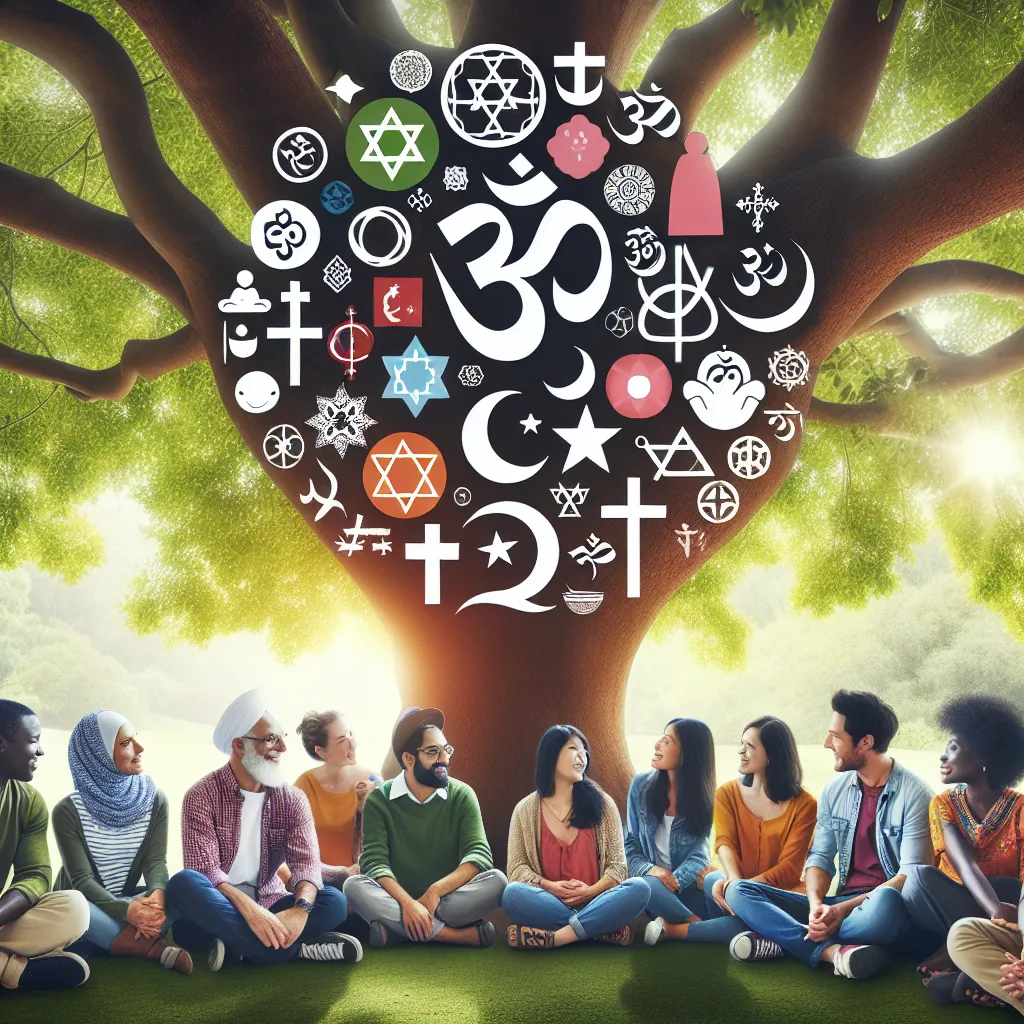Ask AI on The Internet
The characterization of God as "evil" is a deeply controversial topic and often reflects a perspective that emerges from personal experiences, philosophical considerations, or interpretations of religious texts. Here are some common arguments people present when making this claim: 1. **Existence of Evil and Suffering:** - The perennial problem of evil is one of the most cited reasons. The argument posits that if an omnipotent, omnibenevolent God exists, the prevalence of evil and suffering in the world is inexplicable. Some philosophers argue that the sheer scale of unnecessary suffering, including natural disasters, diseases, and human-caused horrors, suggests a malevolent deity or an indifferent one. 2. **Divine Commands in Religious Texts:** - Various religious scriptures contain accounts of divine commands that seem to endorse violence, genocide, slavery, and other morally questionable actions. Critics argue that these commands reflect negatively on the moral character of God. 3. **Hell and Eternal Punishment:** - The concept of eternal punishment in hell is seen by some as disproportionate and excessively cruel. They argue that a loving God would not inflict infinite suffering for finite sins. 4. **Natural Disasters and Suffering of Innocents:** - Events such as earthquakes, tsunamis, and diseases that cause massive suffering and death, without apparent connection to human free will or moral failings, are seen as evidence of a malevolent or non-caring deity. 5. **Unanswered Prayers:** - The lack of response to sincere prayers, especially those for rescue from suffering or harm, can lead to accusations that God is indifferent or even malevolent towards human plight. 6. **Historical and Ongoing Injustices:** - Historical events, including genocides, slavery, wars, and continued injustices like poverty and discrimination, are often cited as evidence that, if there is a deity, it permits gross immoralities. 7. **The Fallibility of Religious Institutions:** - Institutional religious corruption, abuse scandals, and the manipulation of faith for power and control can also cause people to question the goodness of God, associating the actions of these institutions with His character. 8. **Inconsistencies and Contradictions:** - Perceived inconsistencies and contradictions within and between religious texts can sometimes paint a picture of a deity with ambiguous or morally questionable characteristics. It's important to note that many theists and scholars offer rebuttals to these points, often arguing for the existence of free will, the unknowability of God’s plan, or the necessity of suffering for spiritual development. These debates are part of a larger, ongoing discourse in philosophy of religion.
Think your answer is better than the AI's? Post it below.
If you want your question answered by an AI, click here.







Post your own comment: